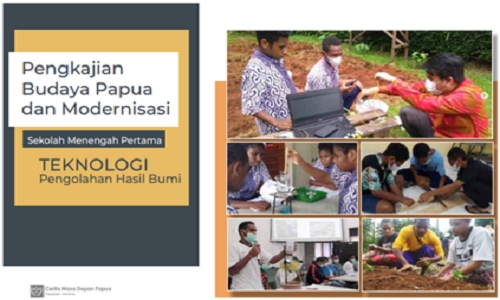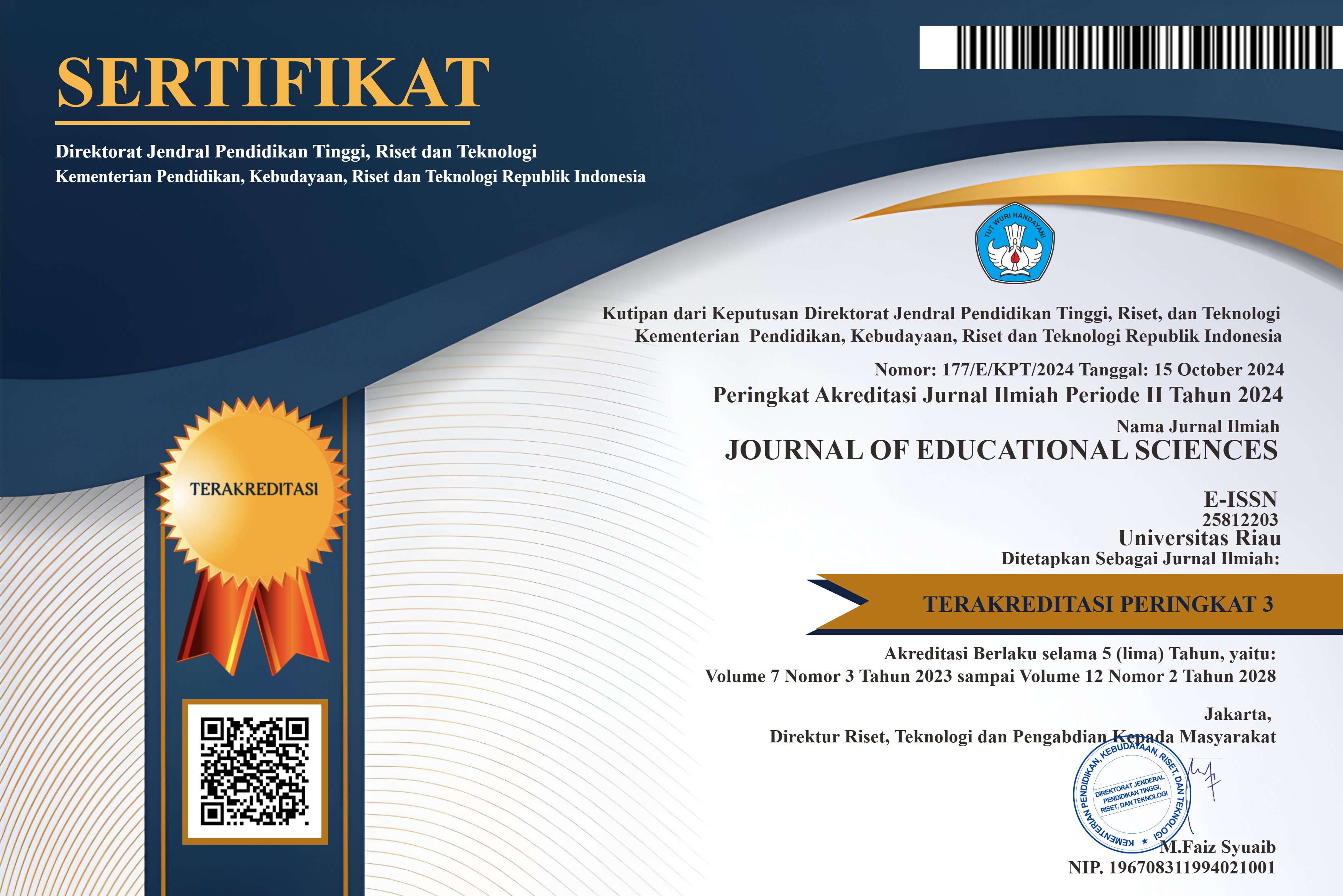Effectiveness of The Papuan Culture and Modernization (PBPM) Assessment Program at Sekolah Anak Indonesia Sentul Bogor (CIPP Evaluation Model)
DOI:
https://doi.org/10.31258/jes.8.3.p.488-498Keywords:
CIPP Evaluation, PBPM Program, Papuan Culture, ModernizationAbstract
Alirena Foundation designed the Papuan Cultural Assessment and Modernization (PBPM) program at Sekolah Anak Indonesia (SAI) Sentul Bogor to improve the quality of graduates. The purpose of this study is to evaluate the PBPM program regarding the effectiveness of the PBPM Program Implementation using a qualitative descriptive evaluation model with data collection techniques of observation, interviews and documentation research. The Context, Input, Process, Product (CIPP) evaluation model is used to describe and explain program evaluation, review results, and make recommendations. The results showed that PBPM is a contextual, culture-based, and modernization education model. This program has a positive impact on the quality of SAI graduates. Students acquire natural science, technology, entrepreneurship and skills with the help of skilled methods of math, language and computer (MBK). PBPM is able to complete Papua with brilliant achievements. In conclusion, PBPM is an effective program to improve the quality of SAI graduates. So, if this PBPM Program is implemented in several schools in Papua, it will have a huge impact on the quality of education in the interior of Papua because this program has been tested for 5 years at Sekolah Anak Indonesia (SAI) under the auspices of the Alirena foundation.
Downloads

Downloads
Published
Issue
Section
License

This work is licensed under a Creative Commons Attribution-NonCommercial-ShareAlike 4.0 International License.












